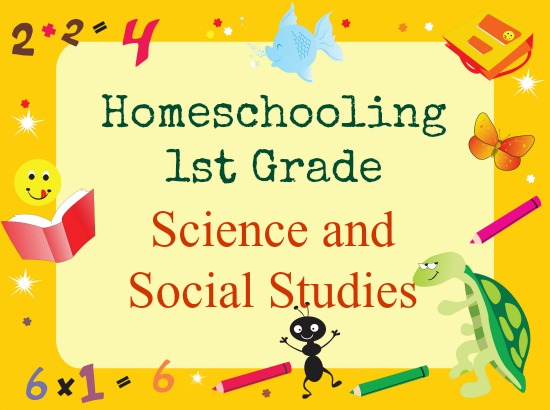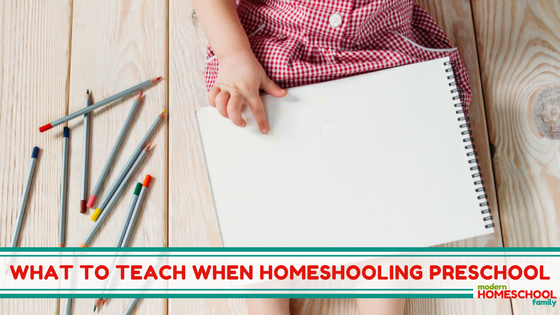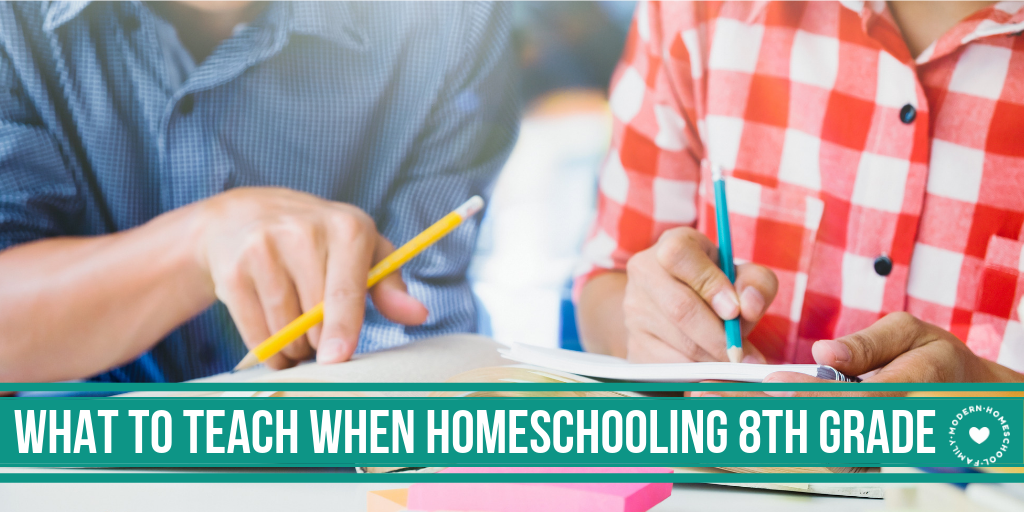Sixth grade builds on knowledge and skills gained in fifth grade while exposing children to increasingly more complex topics. Here’s a simple guide for what to cover and develop in sixth grade:
What to Teach When Homeschooling Sixth Grade
Sixth Grade Language Arts
By the end of sixth grade, your child should be able to recognize nominative, objective, and indefinite pronouns, direct objects of verbs, and verb phrases. Effectively use first-, second-, and third-person pronouns. Your child should be able to read, spell, and use vocabulary words at a sixth grade reading level.
Sixth Grade Writing
Sixth grade writing typically focuses on the improvement of writing skills by producing narrations, opinion passages, and explanatory works. Sixth graders are typically able to use and understand acronyms, write comparisons, write descriptively, and create a bibliography.
Sixth Grade Math
By the end of sixth grade, your child should be able to use strategies to solve word problems, write numbers over one billion and Roman numerals at least up to M, and understand and work with problems involving combinations of fractions, decimals, and percentages. In this year, your child should also solve problems involving area, length, volume, and perimeter of geometric shapes.
Sixth Grade History
Among the topics your child should study in the sixth grade are ancient history and civilization, the Middle Ages, the Reformation, and the Renaissance. Study this year should include the examination of maps and globes, especially those of Africa, the Middle East, and the Mediterranean Sea. Sixth graders should also learn about historical figures from each of the areas studied.
Sixth Grade Science
Among the topics your child should study in the sixth grade are cells, growth, atoms, elements, molecules, classes of matter, space travel, and space research. Your child should examine the states of matter, properties of light and sound, and recycling and conservation.
Sixth Grade Health
Among the topics your child should study in the sixth grade include common diseases and first-aid procedures, the effects of narcotics, and the endocrine system. Your child should also learn methods of expressing and dealing with positive and negative emotions.
Sixth Grade Art
Sixth graders continue creating and exploring art using different mediums and tools. They may also view art, learn about famous artists, and observe art in its various for
For more details on what to teach when you homeschool Sixth grade and the other 13 grades, check out our Year-by-Year Teaching Guide for Homeschoolers:
Click the image below to learn more!
Also published on Medium.






Interesting list. I don’t have kids, but homeschooling would be a challenge for sure!
We are a homeschooling family too. What I like about homeschooling is the flexibility. My 5-year-old is doing first and second grade work depending on her skill level in each subject.
I have a friend that used to homeschool. This would have been a super handy resource for her back in the day!
Interesting. I was never a big fan of homeschooling. But looking at the comments here, clearly homeschooling has its benefits.
Interesting list. I was never a big fan of homeschooling. But this changed my views.